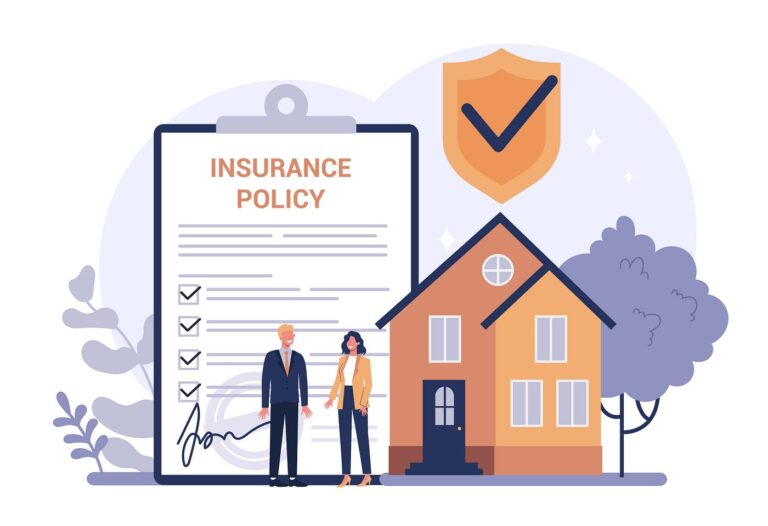Introduction
Many people consider car insurance to be insignificant, and don’t renew their policies because they think they’ll never need them. However,having an active insurance policy is required by law because it provides protection against legal and financial liability arising from the loss or harm of your vehicle or that of a third party.
When a policyholder fails to pay the premiums on time, both on the due date and during the grace period, the policy lapses. Depending on the policy’s form, it can expire automatically or provide a window for the policyholder to renew it.
How to renew a lapsed car insurance policy
The first steps would be to either contact an intermediary or an agent to renew the policy online. This can also be done by visiting by going to the insurance company office, although that would be unwise and usafe in times of a pandemic.
In order to retain your previously accumulated No Claim Bonus (NCB), the car insurance policy must be renewed within 90 days from its expiration date. Delaying and going over the 90-day mark would not only result in the loss of the no-claim bonus, but it could also result in higher premiums.
Comprehensive car insurance policies
- In the event of an accident, a third-party insurance policy accounts for the damages, injuries, or harm to a third party incurred by the insured car. It excludes coverage for the policyholder’s own car.
- A comprehensive policy covers both, and therefore it typically has higher premiums than a third party policy.
Insurers typically ask and inspect questions about the vehicle’s condition before accepting a policy, so choosing a new comprehensive insurance policy will take a long time. Many of these issues can be avoided when reviving a lapsed policy if the policyholder makes the proposal within 90 days of the existing policy’s expiration date. The request is typically approved without inspection, if the request is made within the specified time frame.
Why you must avoid letting the policy lapse
- It’s important to keep the car insurance up to date.
Car insurance is a contract that is valid only for a specific period, and must be renewed accordingly for continuous coverage. To ensure that you are still protected, make sure you renew your car insurance policy on time. You can get an estimate of your quote using an online car insurance calculator.
- Invalid car insurance policies have legal ramifications
Driving around with an expired car insurance contract has the same legal consequences as driving around without one. The policy must be valid in order to avoid legal disputes and hefty fines.
- Financial liability
Without a car insurance policy, the bill for third party damage and the damage to your car will have to be paid from your own pocket.
- During the grace period, there would be no coverage.
When your policy expires, car insurance providers offer you a grace period to prolong your coverage. It means you have a limited amount of time to extend your policy without having to pay a higher premium, but you will not have any protection in the meantime.
- Car inspection
If a car insurance policy hasn’t been updated in a while, the insurer may feel obligated to conduct a vehicle inspection before renewing it. Since such an inspection could take several days, the car could be uninsured for a few days longer. In addition, the premium payable can be increased after a car inspection.
- You would lose your NCB benefit
The No Claim Bonus earned by not filing a claim during the policy period may be reduced to zero. You risk getting your NCB reset if you do not renew your comprehensive plan within 90 days of the policy’s expiration date.
- A hassle
Whether it’s paying a fine, third-party liabilities, or the repair costs for damages, all of these issues are troublesome. If you do not renew your car insurance policy, you will be vulnerable to such inconveniences.
Conclusion
If you drive your car with an expired insurance policy, you are putting yourself in even more danger. You never know when you’ll be in an accident, big or small, because if you are, you’ll be responsible for not just your own vehicle but also the vehicle of any third parties involved.





